
News
News is posted via LinkedIn and Facebook and periodically summarized in our newsletter.
It is published a maximum of twice a month. (in German)
Sign up here: Newsletter
PDF of the latest issue: latest newsletter
Previous posts:
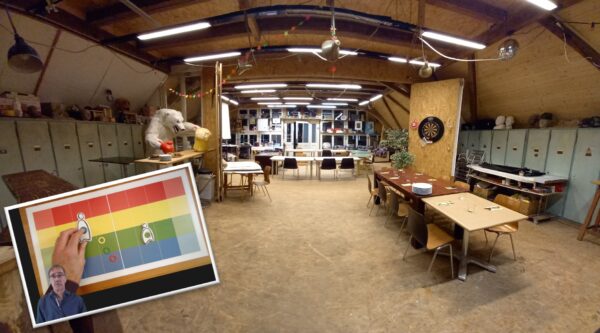
Outlook for May 2024 – Day course: Knowing and using the bonding board (in German):
The course on Saturday, May 4, 2024 is open to all professional groups and is aimed at beginners as well as people who already use the bonding board but would like a more in-depth introduction or those who would like to use it for professional self-reflection or in supervision. It will once again take place in my art and carnival studio in Emmen, which is easy to reach. In this creative environment, you can fully immerse yourself in a topic. The focus will be on practical examples and exercises based on case questions you bring with you. More: https://bondingboard.com/kurse

Outlook for May 2024 – The bonding board in a social work and socio-educational context:
The institute kompetenzhoch3.ch is a competence center for the development, implementation and evaluation of effective services for children, adolescents and families. The institute develops action models and programs – so-called methodologies – on the basis of competence orientation. This is done in cooperation with service providers from child and youth welfare and the education system, such as specialist agencies for outreach family work (KOFA concept), youth and family counseling centers, inpatient facilities, youth advocacy offices and is supplemented with a nationwide consulting and further education offer.
I am delighted to have been invited for a one and a half day workshop. . It takes place as part of additional training on 14.05. 14.05. and 10.09.2024 at the Löwenbräu site in Zurich . The course is open to all persons, including those who do not work according to the competence-oriented model or in partner institutions of kompetenzhoch3. Interested parties can request further documents here: https://bondingboard.com/hoch3

February 2024 – Donations for psychotherapy in Africa:
My daughter Carole has been in Rwanda since summer 2023. Rwanda. The psychological consequences of the 1994 genocide are still being felt, including in her work as a psychotherapist in the well-established counseling team of Solidminds in Kigali.. After working in outpatient and inpatient facilities in Switzerland and an internship in the TraumaClinic in Cape Townthis is another challenging and satisfying position.
Materially, the service is less well equipped than we are used to. What is needed are non-verbal or English-language games, therapy materials and cards, or even almost non-verbal tests in Germansuch as d2 or FEW. If you have something to offer, please send an e-mail to carole.steinke(at)solidminds(dot)rw send us a short info, preferably with kilos, because we collect everything here in Lucerne so that we can give it to visitors. Of course donations via our storeare welcome as well, marked ‘Rwanda’which will be used for the purchase of further materials and therapy costs.
To anticipate follow-up questions: Carole’s husband, Damian, is involved with FairCapital, a start-up that provides loans to fair trade farmers. You could also invest there… 🙂 …
Links to this: https://solidminds.rw https://faircapital.ch/ https://bondingboard.com/en/shop
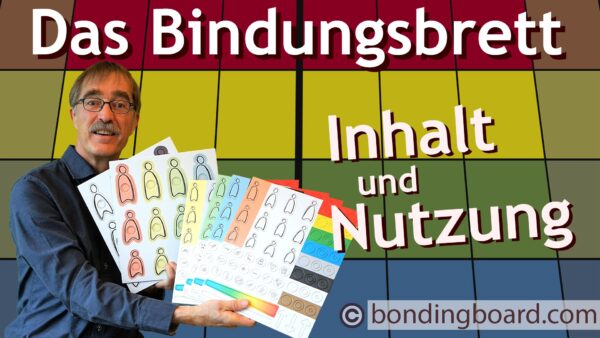
January 2024 – New video tutorial on YouTube:
Now there is a longer video on our Youtube channel . In the 25-minute video “The bonding board: content and use “all materials,that are included in the extensive box, are shown and explained. Gray, colored, small and magic figures, the symbol stones, emotion rings, bars, arrows, animals and of course the game board. Most materials are also shown in brief simulations, how they can be used in consultation.
As a beginner, you usually start simply with two to three figures. This is manageable and yet already offers many possibilities. But it’s good to know all the options, as this allows you to gradually expand your palette naturally.
To the new video (in German): https://www.youtube.com/watch?v=Ee7UHGlQjUY
To the channel: https://youtube.com/@bondingboard
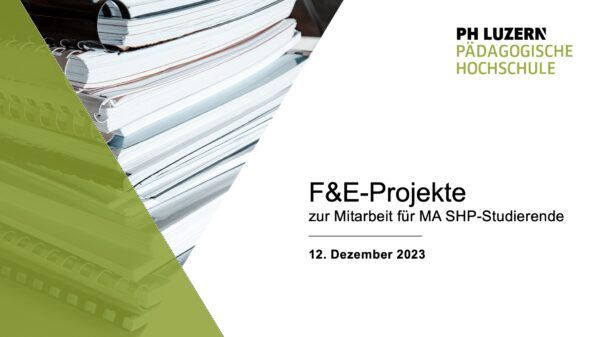
December 2023 – Master’s theses with the bonding board
In December, students in the Master’s program in Special Education were presented with a colorful bouquet of research questions from the Lucerne University of Teacher Education, in which Master’s theses can be ntegrated into a larger research project. The bonding board project met with great interest and its implementation is therefore secured: 14 candidates have immediately registered for 4 individual and 5 partner projects. Under the direction of Dr. Cécile Tschopp and Dr. Robert Langnickel, a bundle of individual case studies will therefore be developed in 2024, in the course of which the bonding board will be used over two months in everyday spedial Ed conditions as an aid in discussions with pupils from the 1st grade onwards. Observation and interviews are used to investigate the extent to which talking about and analyzing situations and emotional states changes the ability to perceive, verbalize and regulate emotions and how this affects conflict situations and social interaction. I am very much looking forward to this collaboration! Next step: Submissions for third-party funding …
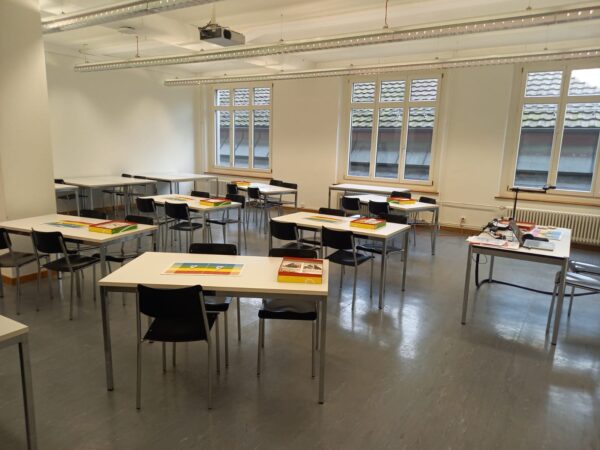
November 2023 – Special needs education at the PH Lucerne:
In November, six course groups were introduced to working with the bonding board in the extra-occupational Master’s program in Special Education at the Lucerne University of Teacher Education. Case studies were discussed in small groups in a very practical way, ranging from kindergarten to high school and including issues such as refusal to work, aggression, absenteeism, anxiety, family stress, ADD/ADHD or ASD and many more. The differences between behavioral and emotion-oriented approaches were always highlighted. And since at least one counterpart is always represented on the bonding board, the role of the teacher was also considered in addition to the student focus.
It was a pleasure to see how committed the small groups were to self-reflection or reflection on the cooperation between the support teacher and class teacher, in addition to empathizing with the student or parent role – but it was also hard to have to interrupt the lively discussions again. A new edition for the next year and an in-depth module are being planned.
Similar courses can be put together individually for team training.
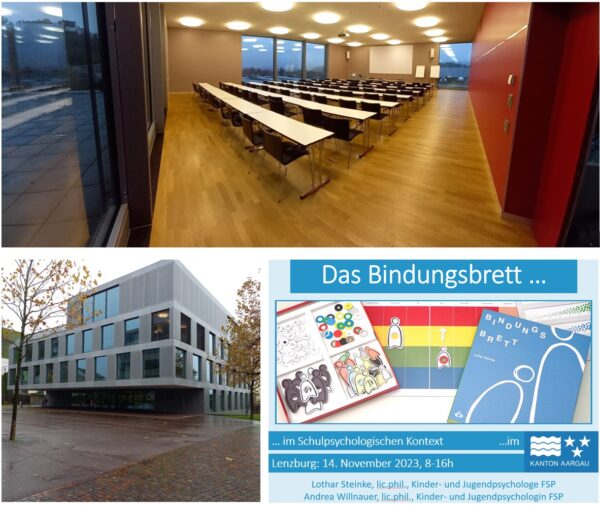
November 2023 – Further training for School Psychologists Canton Aargau:
In November, the entire School Psychological Service (SPD) of the Canton of Aargau was introduced to working with the bonding board. The Panorama Hall at the Lenzburg Continuing Education Center was filled to capacity. The practice-oriented training day, which I was able to lead together with Andrea Willnauer, school psychologist and psychotherapist in the canton of Lucerne, showed how the tool can be incorporated into counseling practice with students, parents and teachers. The focus on relationships and emotions complements conventional diagnostics and behavior-oriented approaches. All regional offices are now equipped with bonding boards.
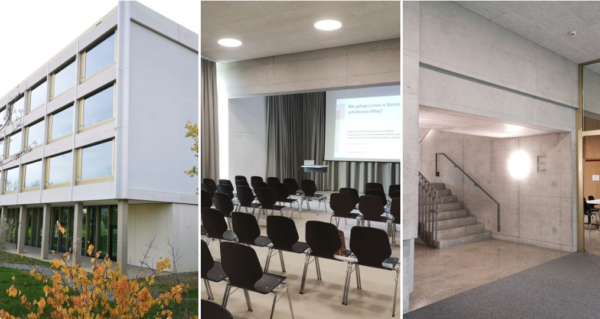
October 2023 – University of Applied Sciences for Special Needs Education HfH:
The Department of Education, Culture, Sport of the Canton of Aargau invited theUniversity of Special Needs Education HfH for the school management forums on the topic “Dealing with children and adolescents with behavioral problems”. The series of lectures was dedicated to the question “How can learning in relationships succeed in everyday school life?”
In addition to BankingTime and CLASS, the bonding board was presented as a relationship-oriented tool for the school . Thank you Prof. Pierre-Carl Link, and I am looking forward to further cooperation with the HfH!
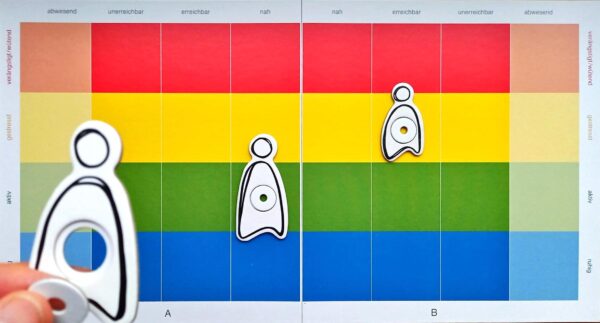
September 2023 – Autism shown on the bonding board: With a small emotional hole!When the Autism Center of the Canton of Lucerne decided to use the bonding board, I was invited for an input and exchange. One form of presentation was rated as particularly helpful as it captures the experiences of both the child with ASD (Autism Spectrum Disorder) and other persons involved . The figures are placed on the bonding board in the Y-axis according to their visible emotional state of arousal. They have a hole in their ‘belly’, through which this condition can also be read. However, a key characteristic of ASA is that the perception and mirroring of emotions are impaired. This is represented by a white emotional ring with a much smaller hole and can be described as follows: “The child does not lack emotion, but due to this small hole, has much more difficulty in determining what exactly is going on inside oneself.. It is also much harder for outsiders to look into the hole. Sometimes a parent is also affected by ASD and has, in a ways, a smaller emotional hole too. And what’s more, from the child’s perspective, who finds it challenging to assess the emotions of others, everyonehas small holes, be they parents, siblings, teachers or schoolmates.”
This depiction fosters understanding: “Oh, it’s already exhausting for me to empathize with the one child with the small hole. How much more exhausting it must be for this child to constantly move around in a group of people with – from the childs point of view – small holes, without causing friction.” And on the other hand, the hole sets the agenda: “One must look closely into the hole, sometimes take the time to look under the white ring, even lift my own ringbriefly so that the child can look inside better, explain emotions to each other so that the rings gradually become more transparent.”
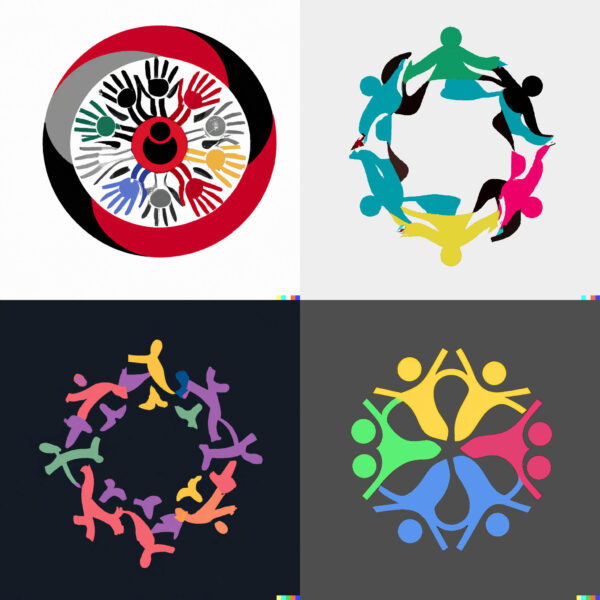
August 2023 – Founding of the Association Netzwerk Bindung:
The topic of attachment has gained importance in various disciplines. It made sense to establish a multidisciplinary network here. On August 23, 2023, an association Attachment Network was founded. The Board of Directors covers a broad multidisciplinary spectrum with the areas of school psychology, psychotherapy, social work, psychomotor skills, education, curative education and obstetrics.
The aim of the association is to promote networking among interested individuals and institutions, to disseminate attachment-oriented knowledge and practice, and to initiate projects in this context or to support them through the acquisition of external funds.
If you are interested in joining the board or could imagine participating in the scientific and strategic advisory board, in projects or in the administration of the association, please get in touch with me.
Anyone interested in the association is cordially invited to become an active or passive member. More information: https://bondingboard.com/netzwerk
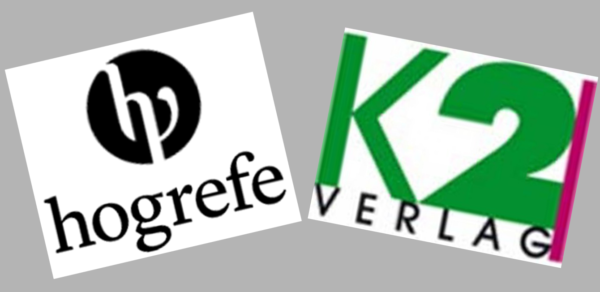
July 2023 – Professional distribution channels:
It is a big step: I have found two professional distribution channels for the BondingBoard.
Being included in the catalog of the test centers of the prestigious Hogrefe publishing house is a nice recognition and it is a pleasure to see the BondingBoard next to all the standard procedures I have used on a daily basis for years.
The reception at K2-Verlag is also most gratifying. K2 is a well-established publishing house that is primarily aimed at practitioners in the professional fields of preschool and school, remedial and special education, and other professionals in the pedagogical-therapeutic environment. It is thus the optimal complement to underline the wide multi-disciplinary applicability of the BondingBoard.
I am thus ending my own physical product sales in the EU region. Customers from the EU can now only order digital products via our homepage.
Customers from Switzerland and outside the EU can still order all products from https://bondingboard.com/en/shop.
The links to the new channels:
https://testzentrale.de, https://testzentrale.ch, https://hogrefe.com
https://k2-verlag.de, https://k2-verlag.at, https://k2-verlag.ch
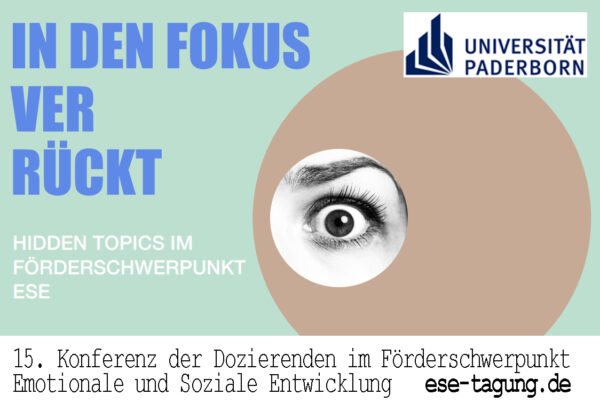
June 2023 – Conference University of Paderborn:
At the end of June, the lecturers in teacher education in the specialization ‘Emotional-Social Development’ meet for a conference at the University of Paderborn. I may contribute there with Dr. Cécile Tschopp, lecturer at the PH Luzern, something on the topic of attachment. The title of the congress, “Dis-placed into Focus,” aims to offer unusual perspectives. We will let the participants look back and forth as Cécile Tschopp outlines pedagogically relevant aspects in the area of social-emotional development and I directly show how these can be presented and addressed with the bonding board. I’m looking forward to this ping pong match!
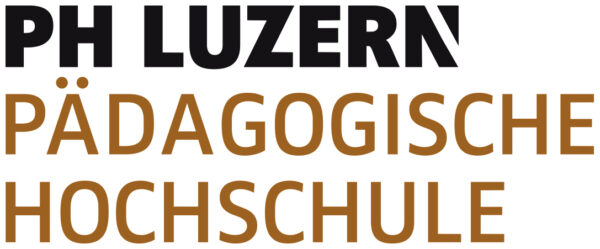
June 2023 – Lucerne University of Teacher Education:
I have been entrusted with a small external teaching assignment in the Master’s program in School Remedial Education, effective June 2023, to introduce the BondingBoard as a practice tool. The topic of attachment theory is already taught to students. It will be my task to show the possibilities of the BondingBoard as a practical tool, i.e. for reflection on student behavior, conversation with students and parents, and self-reflection. The course is attended by teachers working besides on a part-time basis. I am therefore looking forward to exciting feedback from this field of practice.
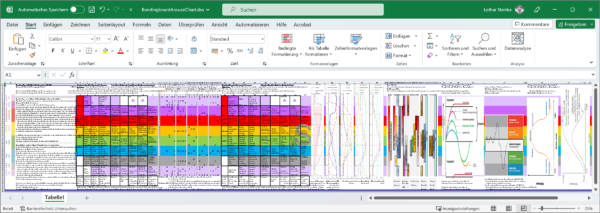
May 2023 – Chart for the BondingboardPLUS:
The BondingBoardPLUS contains additional colored lines on the axis of arousal level for trauma and depression. In order to better understand and communicate the processes involved in traumatic experiences, I have created a table for the PLUS extension that summarizes elements of trauma therapy from a variety of sources. Everything is assigned to a line on the arousal axis of the BondingBoardPLUS: Emotional terms matching the arousal level, physiological responses, the hormones that are important then, autonomic nervous system activity according to polyvagal theory, and the effects of arousal on memory during storage and retrieval. Thus, connected with the figure movements, the processes taking place in parallel can be vividly demonstrated.
This chart, like the BondingBoardPLUS, is still a beta version for which I would like to get feedback from users. You can use the BondingBoardPLUS only if you also have a basic BondingBoard. However, the table is also very informative for users of the basic version. The basic idea and the terms of use can be found at https://bondingboard.com/en/plus.
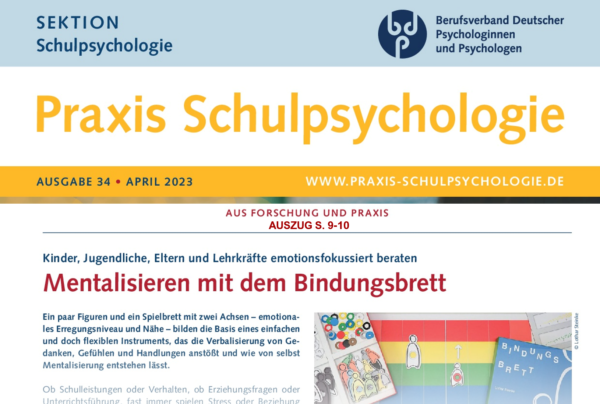
April 2023 – Article in “Praxis Schulpsychologie” No.34:
The journal “Praxis Schulpsychologie” is the flagship of the School Psychology Section of the Professional Association of German Psychologists BDP, and is published by Deutscher Psychologen Verlag dpv. The current issue is dedicated to the topic of mentalizing, so a report on the BondingBoard fits perfectly into the From Research and Practice section. I am happy about this publication, which shows with some examples of questions how easy it is with the help of the bonding board to initiate thinking and talking about social relationships. Visualization makes it easier for people of all ages to put themselves in the shoes of a counterpart and at the same time become clear about their own emotional involvement. This is often the first step towards understanding and change. Full article:
https://bondingboard.com/wp-content/uploads/Praxis-Schulpsychologie-Nr34-S9-10-Bindungsbrett.pdf
Cite this article: Steinke, L. (2023). Mentalizing with the bonding board: Emotion-focused counseling for children, adolescents, parents, and teachers. Praxis Schulpsychologie, 9(34), 9-10.
“Praxis Schulpsychologie” can be subscribed to free of charge and back issues can be downloaded for free: https://www.praxis-schulpsychologie.de

April 2023 – Attachment & Trauma:
The bonding board gets a trauma-specific extension! The board, with its colored lines depicting the emotional state of arousal, is a very helpful tool to make clear the parallelisms of physiological and emotional states. In the vast majority of cases, the four-color everyday spectrum from calm to activated and stressed to anger and fear is fully sufficient. In case discussions, however, it became apparent that an expansion to include additional lines might be useful for understanding traumatic experiences. I was able to submit these considerations to Prof. Henri Julius in the sense of a theory-based review. These conversations have resulted in a beta version with the working title BondingBoardPLUS, which I am now offering to practitioners for beta testing.
It includes two purple bisected hyperarousal lines above the red line with the terms ‘rigid’ for the ‘freeze’ state and above that ‘paralyzed’ for ‘flop’.
Below the blue ‘calm’ line, another double line is added: Gray and labeled ‘slack’ corresponds to apathy and depressive listlessness, and below it again follows the ‘flop’ mentioned as the top line. More

April 2023 – First video tutorial in English:
The first tutorial video in English is online! It is a translation of the German video on my Youtube channel and describes in about five minutes how to use the ‘BondingBoard’. The bonding board is available in German and English, either as a game board or as an online app, and always includes an unlabeled version as well. Once clients know how the board works, we recommend using this version so they use their own words and don’t repeat the technical terms in the margins. Moreover, the board can be used by speakers of any language. Please share the new video with your non-German speaking friends and contribute to the spread of this versatile consulting tool worldwide! https://youtube.com/@bondingboard
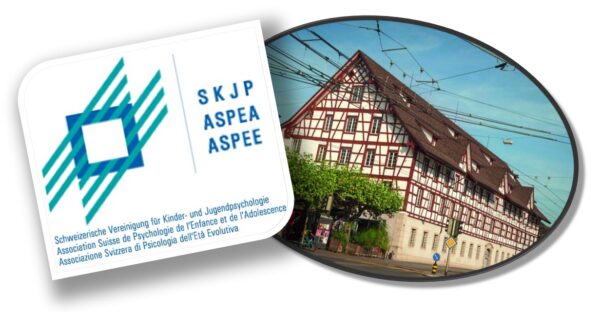
March 2023 – Receiving the Swiss Child and Adolescent Psychology Award :
Every two years the Swiss Association for Child and Adolescent Psychology awards a promotion and recognition prize. “It serves to honor individuals, institutions, and projects that have made special contributions to the interests of child and adolescent psychology in practice, teaching or research.”
2022 Kurt Zwimpfer and Lothar Steinke were honored, especially for their long-standing commitment to postgraduate training for the specialist title in child and adolescent psychology. The general meeting at that time was still held online because of Covid. It was an honor to now to receive the deferred real round of applause at the 2023 General Meeting in the Alte Kaserne in Winterthur. Thank you very much!
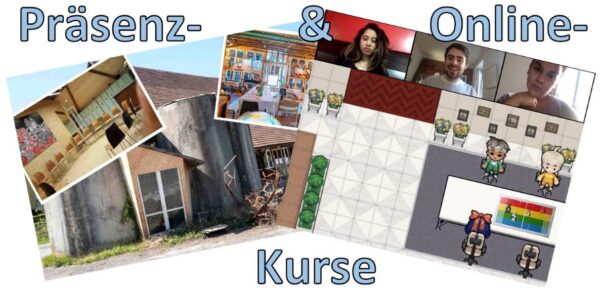
February 2023 – Course announcements:
The new course offerings on the bonding board are live or in a virtual course room and bookable individually or as a combination: A basic course, advanced course and supervision. The courses provide in-depth insight and exercises for use in counseling, therapy, or case reflection. What is learned can be combined with different working methods: Behavioral, systemic, analytical, psychoeducational or pedagogical.
Info and registration: https://bondingboard.com/kurse
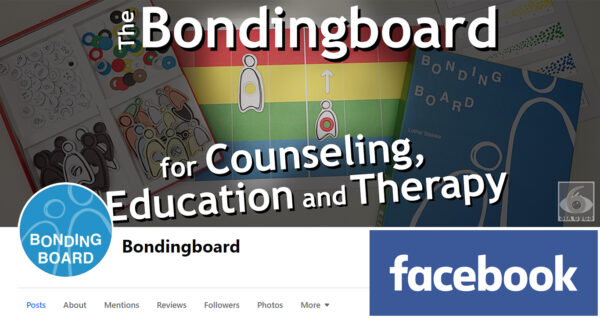
February 2023 – Facebook:
Now there is also a Facebook profile to the bonding board. It is written in English. Those who have activated the auto-translation to a different language will get a relatively good translation at the push of a button. You get to click Like and especially Share! Thank you!
https://facebook.com/bondingboard
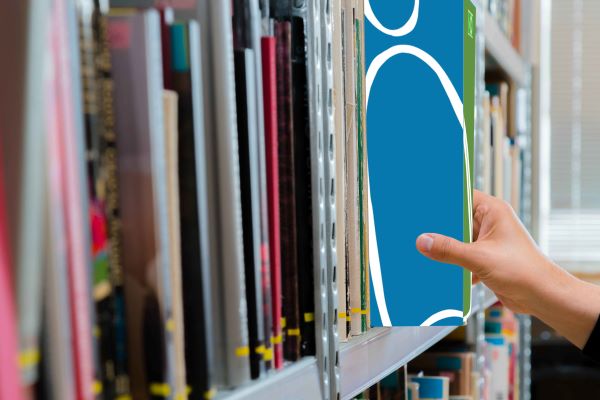
January 2023 – Bonding board becomes standard procedure:
The following joyful news has reached me: “The bonding board has been included in our test list at the School Psychological Service of the Canton of Aargau as a ‘core test’ – which must be always available in all field offices.” Citation. Simon Walther, Regional Office Manager and Head of the Test Diagnostics Working Group.
It is gratifying that the bonding board, even if it is not yet a standardized diagnostic instrument, is counted among the illustrious circle of standard procedures for anamnesis, hypothesis generation and counseling. I myself, still at the School Psychological Service, used it in every registered case in the first year of its development. Whether with a child, a mother, a teacher, a therapist, a principal, whether on school performance, bullying, behavior, family, there was always a stress that could be addressed and on which added value could be generated. Once you start using it, you’ll be glad to have it at hand at all times. By the way: The cantons of St.Gallen and Solothurn are also equipped with bonding boards in all branches and many smaller services as well. However, standards take time in Switzerland. Mostly it varies “from canton to canton” – and where there are no cantonal offices – “from municipality to municipality”-own service over centuries.
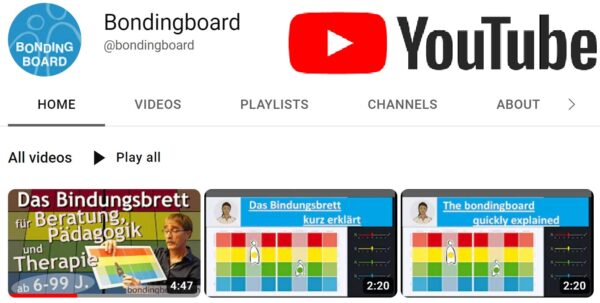
January 2023 – YouTube channel:
A first video tutorial has been completed. In less than five minutes, the structure of the bonding board is explained and its use is simulated in a short example.
A second clip shows a 2-minute video sequence from the online app explaining the bonding board to children, parents, or teachers. It does not offer professionals new factual knowledge, but it can serve as an example of how to instruct clients.
This is the start to a YouTube channel …. I wish informative zapping-in again and again!
https://youtube.com/@bondingboard
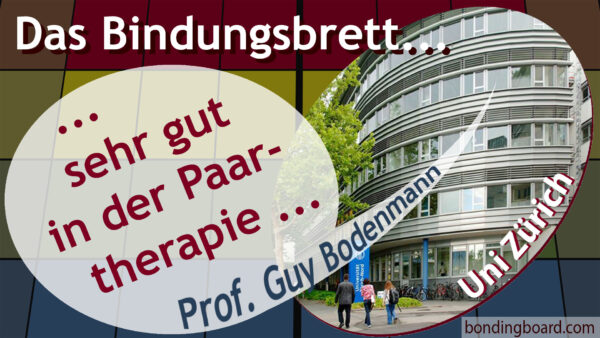
December 2022 – Presentation at the University of Zurich:
Thanks for the motivation boost for 2023! In December, I was invited by Prof. Dr. Guy Bodenmann to present the bonding board to the staff at the chair. He and his team have devoted decades to the topics of relationship, attachment, partnership, stress, and parenting in research, teaching, and practice. As expected, there were also critical questions.
The short conclusion:
Practice: Immediately applicable for therapy and counseling at the affiliated therapy site.
Theory: Adequately depicts attachment and stress responses; use in teaching under review.
Diagnostics: Interesting as a hypothesis generating tool, but there is still a long way to go before it becomes a standardised diagnostic tool.
It was emphasized as particularly helpful that the bonding board, in contrast to other visualization aids, does not merely provide a graphic or static setup, but is a dynamic instrument that does justice to the emotional and situational changes and can be intuitively used by the client.
With my background in school psychology, I often focus on developmental psychology. I was particularly pleased by the following statement from Prof. Bodenmann, which I am allowed to quote, as it underlines how much more broadly it can be applied: “The bonding board will also be very useful in couple therapy.”
Such judgments by experts who were not involved in the development provide impetus for 2023. I look forward to more exciting usage feedback from the UZH team.
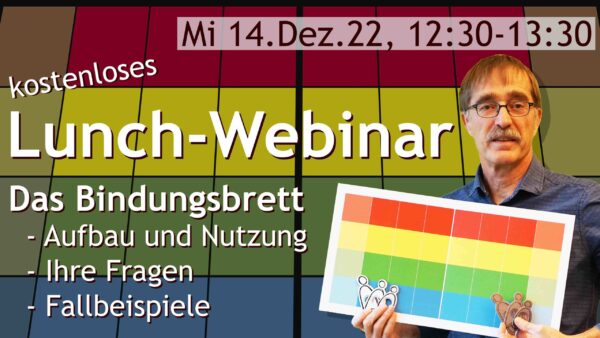
December 2022 – First free lunch webinar:
Wednesday 14.12.2022, 12:30-13:30h.
An input on bonding and the bonding board followed by a Q&A session. If you like, present a case study from your everyday life and I will outline how the bonding board could be used in this context. …. To be continued ….
Registration: https://bondingboard.com/en/webinars
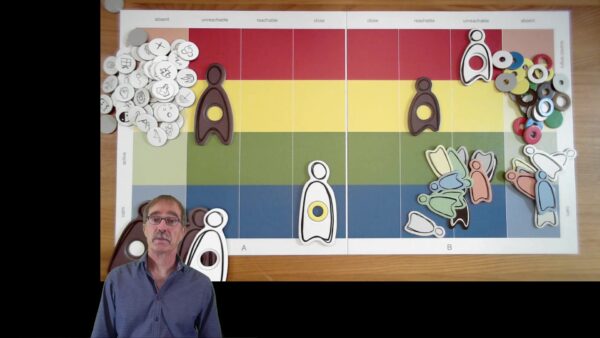
November 2022 – New offer … Online store counter:
Invite me to a team meeting. As an online guest, I like to show firsthand what the bonding board can do. In this way, you quickly place your critical questions and then clarify in the team whether the bonding board is suitable for your work. – And usually it is 🙂
Send your team meeting dates to:
hello (at) bondingboard.com
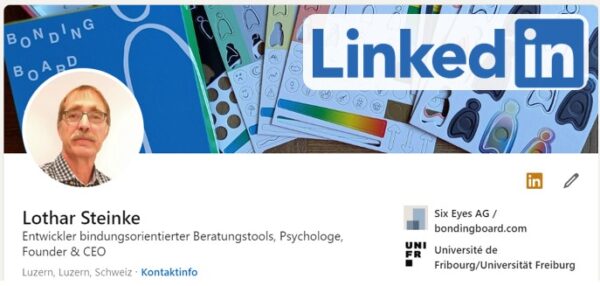
October 2022 – LinkedIn:
The LinkedIn network is actively being expanded and used for posts and contact. Feel free to network: https://linkedin.com/in/lotharsteinke

September 2022 – Advertising table at the International Attachment Conference in Ulm:
At the International Attachment Conference in Ulm, led by Prof. Karl Heinz Brisch, I was able to present the bonding board at a sales table. The ‘breaks’ between the presentations on the highly exciting congress topic “Disturbed bonds in digital times” were just as exciting: analog contact with a attachment expert audience.

September 2022 – Interviews:
The two semi-structured interview forms were further developed. The tendencies interview asks for basic patterns of dealing with stress and relationships and the situation interview helps to go through concrete stress or conflict situations step by step. They make getting started with the bonding board easy and versatile. If you want, you can read them off or modify them in many different ways. Versions 2.2 have been released and are now available for download in the store.
https://bondingboard.com/en/shop

August 2022 – The board is here – the WebShop opens!
The box has now arrived hot off the press, in German and English. At the same time, a newer 18-page manual (official version V1) was released, which supplements the included Quick Start Guide and replaces the manual that was included with the previously available prototypes.
https://bondingboard.com/en/shop
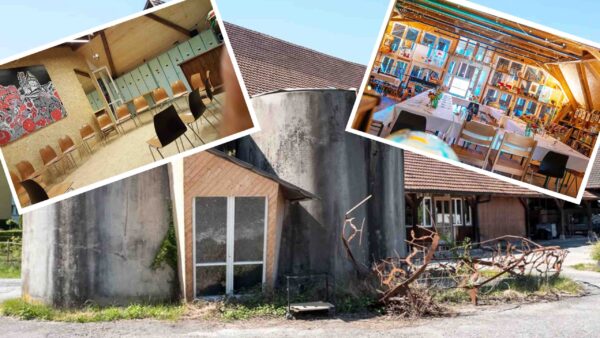
July 2022 – Training offers:
Workshop, presentation, supervision: Book an event, at your place, in our newly enlarged course rooms in the art silo in Lucerne-Emmen or as an online event.
>> https://bondingboard.com/en/training

May 2022 – Data collection in Schleswig-Holstein:
Two weeks in 5 schools around Lübeck. It was a pleasure to conduct the new interview form with 50 children. The sample focused on children ages 6 to 11 and included some with special education needs.
Ronja Bohnenkamp, University of Rostock, conducted the Separation Anxiety Test SAT with the same children, which will serve as a comparison value for convergent validity in the study.
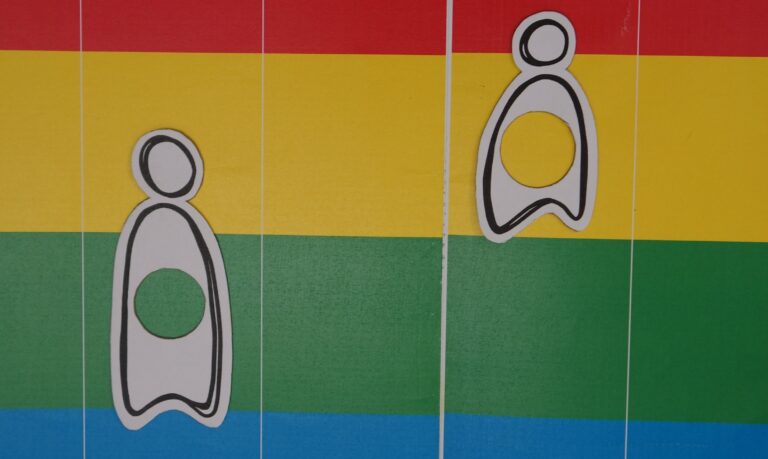
April 2022 – Print order delayed:
Game manufacturers are experiencing long delivery times due to high demand caused by the Corona pandemic. Our order is revised in terms of production because of the more complicated double-layered figures. The release date is postponed to summer 2022. New prototypes are made for data collection.
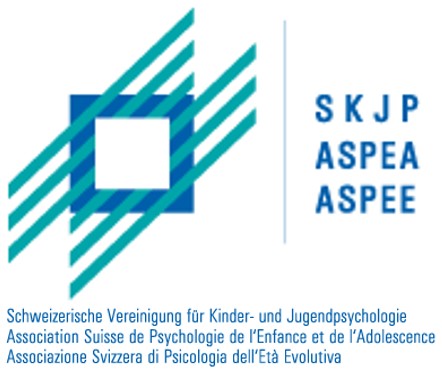
March 2022 – Nomination for the SKJP Award:
The Executive Board of the Swiss Association for Child and Adolescent Psychology informs about the nomination of Kurt Zwimpfer and Lothar Steinke for the Recognition Award. In the justification, special reference is made to the merits in the postgraduate training for the child and adolescent psychology specialist title. Due to Corona, the general meeting cannot take place live. The personal handover is therefore postponed.

March 2022 – Online board:
The online bonding board app is ready even before the physical product comes off the press. It is intuitive to use, comes along clearly and with the clickable ‘parking lots’ for the figures it is even usable on a smartphone. Now you can try the bonding board worldwide for free!
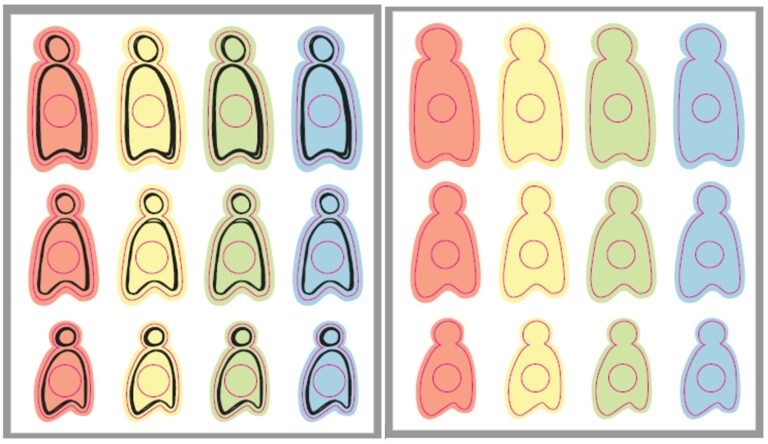
January 2022 – Print job:
Final design adjustments are made. Translating it into English takes hours of Skype meetings with my cousin, Dr. Willi Steinke, a school psychologist and psychotherapist in Toronto. Long texts are easy to translate, but individual words of the board labeling were replaced several times, because they always failed to meet a criterion: Precise, conformity with the theoretical specifications, understandable for children, compatible with the German version.
Finally, the print job is awarded, to PikSieben, a game manufacturer in Germany.
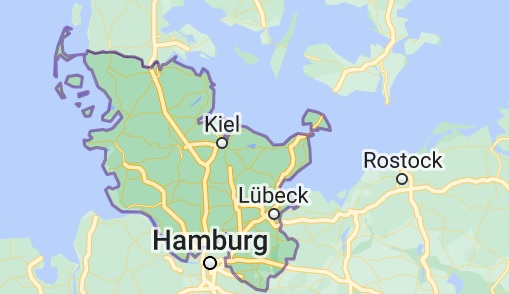
December 2021 – Postponement of data collection:
Due to delays in approvals from the ministries, the data collection for the validation study in Schleswig-Holstein and consequently the trip to Lübeck must be postponed to spring 2022.

November 2021 – Training day for the SPD St.Gallen, in Quarten:
First full-day event for a larger team. The School Psychology Service of the Canton of St.Gallen dared to book an advanced training for the entire 50-member team when the bonding board was only available as a prototype. Thank you for the trust!

November 2021 – Presentation at the 2nd Swiss School Psychology Congress in Biel:
After a few presentations in small professional circles, the bonding board was presented live in public here for the first time.
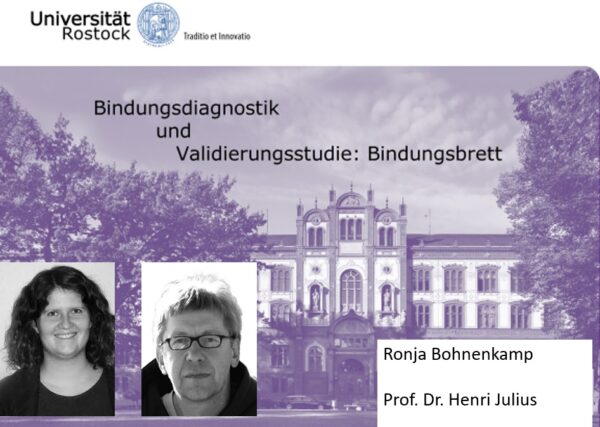
October 2021 – The study:
In several stages, the validation study was prepared at the University of Rostock.
Now the details of the study regarding the bonding board have also been determined.
Attachment patterns are activated under stress. It is to be feared that pure self-assessment questions would therefore generate less meaningful answers with children. Thus, for the interviews with the bonding board with children, stories were developed which are based on other story procedures, but are closer to everyday life, induce less high stress, and are easier to evaluate thanks to the recording of the figure movements on the bonding board.
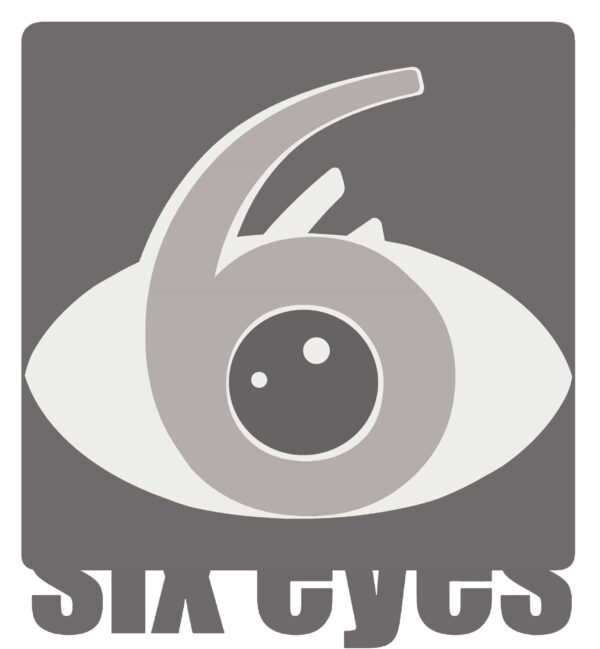
September 2021 – Company foundation and contract awards:
Investments in product development were on the agenda. Six Eyes AG/Ltd. was founded. The name is intended to symbolize the fact that problem solving always involves the views of several parties: Client, environment and professional.
The terms for the rows and columns of the board are finalized, and the columns are expanded from three to four.
The first development contracts were awarded:
Graphic revision of the prototype to the finished product: Julia Herzog, graphic designer, Zurich.
Development of two online apps, one for an online board, usable from PC to smartphone and one for a diagnostic screening: Koboldgames, Brugg.
Trademark protection: TrollerLaw, Lucerne.
The design of the company logo was given to our Cuban artist friend: Joaquin Bolivar Thomas, Santiago de Cuba.
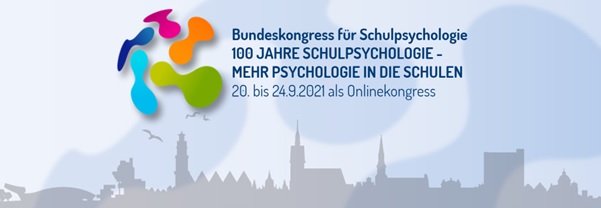
September 2021 – Presentation at the Federal Conference of School Psychology:
It was an honor to be able to present the bonding board publicly for the first time at the congress celebrating the 100th anniversary of school psychology in Germany. Lothar Steinke presented the product, which only exists as a prototype, and Ronja Bohnenkamp explained the structure of the planned validation study at the University of Rostock. The ‘Bundeskonferenz BUKO 2021’ was held virtually ‘in Hannover’ as an online conference due to Covid restrictions.
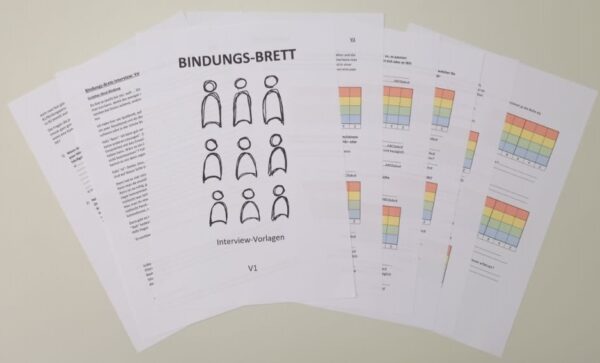
August 2021 – Interviews:
Various standard questions and experimental interview forms that proved successful in the first year of development are being combined into two interview templates and made available as beta versions to facilitate getting started with the bonding board.
They are suitable as an exploration tool to talk to parents or teachers about attachment-related topics or to break down the relationship-related parts of behavioral problems with children. User feedback was solicited.
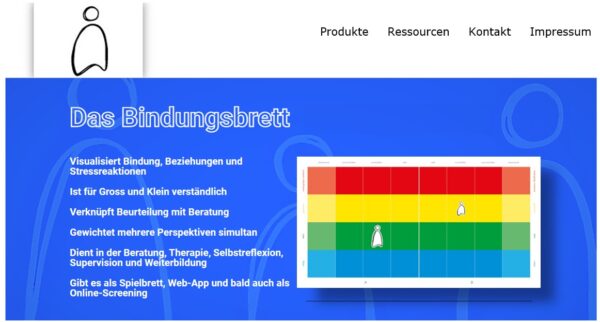
August 2021 – Homepage:
Nowadays, every company starts with a homepage… Even if there was nothing to buy for the time being.
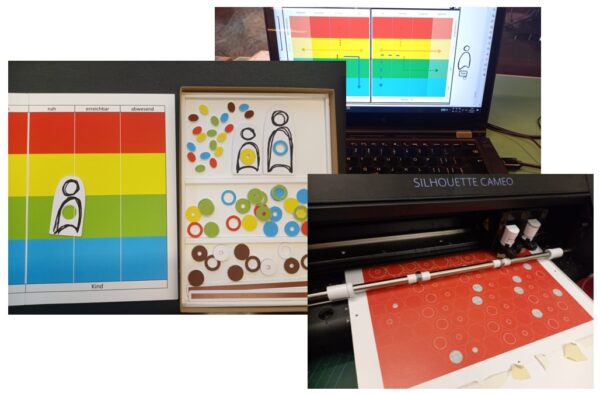
August 2020 to July 2021 – The bonding board is developed:
Our school psychology team set an annual goal to increase the use of visualization aids in counseling. Since I couldn’t find anything satisfactory for the subject of attachment, I started experimenting with my own models. On one day of the course, I presented a prototype to Henri Julius. After various adjustments, he opined in April 2021 that the instrument had now matured to the point where it could be published and offered the option of including it in a validation study planned at the Institute in Rostock. It was clear that this would require a lot of preliminary work. I decided to take a chance on this and resigned from my longtime school service director and school psychology position.
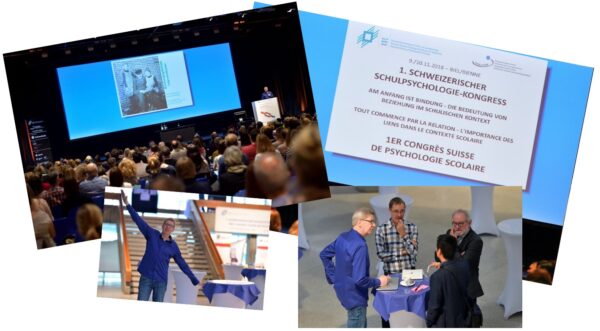
November 2018 – 1st Swiss School Psychology Congress in Biel:
In November 2018, I attended the first Swiss School Psychology Congress with my entire school psychology team of the Rothenburg/Lucerne School Service at that time. We were so enthusiastic about Prof. Henri Julius’ lecture that we approached him personally during the break and asked if he would be willing to give a larger continuing education course focusing on attachment-oriented work in school psychology. This was finally implemented in 2019/20 by the professional association SKJP and various continuation events have followed since then.